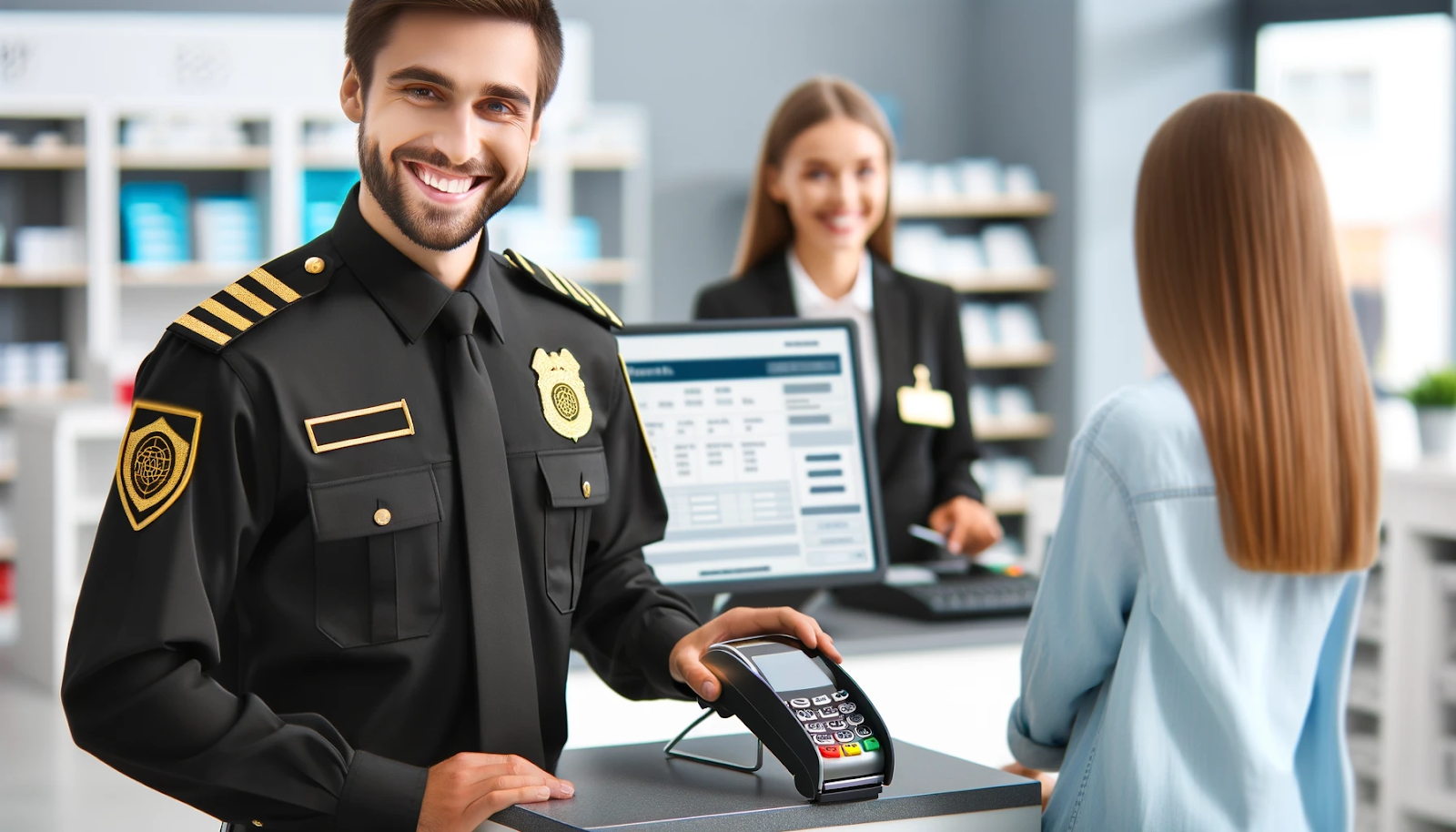Implementing secure payment processing systems to protect against data breaches and fraud is crucial for property managers, chief security officers, and security company hiring managers. In today's retail environment, where digital transactions are the norm, ensuring the security of these transactions is paramount. This blog post explores the key elements of secure payment systems and provides practical advice for implementing them in retail settings.
Understanding the Importance of Secure Payment Systems
In the retail sector, protecting customer data is a top priority. Data breaches and fraud can lead to significant financial losses, legal consequences, and damage to a company’s reputation. Implementing secure payment systems helps mitigate these risks and ensures a safe shopping experience for customers.
Key Elements of Secure Payment Systems
- Encryption
- Encrypting payment information ensures that data is unreadable to unauthorized users.
- Encryption should be applied at all transaction stages, from the point of sale (POS) to the processing gateway.
- Tokenization
- Tokenization replaces sensitive data with unique identification symbols (tokens) that retain essential information without compromising security.
- Tokens are useless if intercepted, adding an extra layer of protection.
- EMV Technology
- EMV (Europay, MasterCard, and Visa) chip technology is more secure than traditional magnetic stripe cards.
- EMV chips generate a unique transaction code that cannot be used again, reducing the risk of card fraud.
- Secure Payment Gateways
- Payment gateways securely transmit transaction information from the retailer to the payment processor.
- Choose gateways with robust security protocols, including SSL (Secure Sockets Layer) and TLS (Transport Layer Security) encryption.
- PCI DSS Compliance
- The Payment Card Industry Data Security Standard (PCI DSS) sets the requirements for secure handling of credit card information.
- Compliance with PCI DSS is mandatory and helps protect against data breaches.
Implementing Secure Payment Systems
Conduct a Security Audit
Start by conducting a comprehensive security audit of your existing payment systems. This audit should cover all aspects of payment processing, from POS systems to backend processing servers, and identify vulnerabilities and areas for improvement.
Invest in Updated Technology
Ensure your payment systems are up-to-date with the latest security technologies. This includes upgrading to EMV-enabled POS terminals, integrating tokenization solutions, and using advanced encryption methods.
Train Your Staff
Employee awareness and training are critical components of secure payment processing. Educate your staff about the importance of data security, handling payment information properly, and recognizing potential security threats.
Monitor Transactions
Implement real-time transaction monitoring to detect and respond to suspicious activities immediately. Use advanced analytics to identify patterns that may indicate fraudulent behavior.
Regularly Update Software
Keep all software related to payment processing up-to-date. This includes POS systems, payment gateways, and security software. Regular updates ensure that security patches are applied promptly, protecting against known vulnerabilities.
Benefits of Secure Payment Systems
- Enhanced Customer Trust: Customers are more likely to shop at retailers they trust with their payment information.
- Reduced Fraud: Advanced security measures significantly lower the risk of fraudulent transactions.
- Compliance with Regulations: Adhering to PCI DSS and other regulations helps avoid hefty fines and legal issues.
- Improved Business Reputation: A strong commitment to security enhances your business's reputation and can attract more customers.
Frequently Asked Questions (FAQs)
Q: What is the difference between encryption and tokenization? A: Encryption scrambles data to make it unreadable without a key, while tokenization replaces sensitive data with a non-sensitive equivalent.
Q: Why is EMV technology more secure than magnetic stripe cards? A: EMV cards generate a unique transaction code for each purchase, making it difficult for fraudsters to replicate.
Q: How often should we conduct security audits? A: It's recommended to conduct security audits at least annually or whenever there are significant changes to your payment systems.
Q: What should we do if we detect a data breach? A: Immediately report the breach, contain the affected systems, notify impacted customers, and conduct a thorough investigation.
Q: Is PCI DSS compliance mandatory for all businesses? A: Yes, any business that processes, stores, or transmits credit card information must comply with PCI DSS standards.
.png)
.png)
.png)

.png)
.png)

.png)
.png)
.png)
.png)
